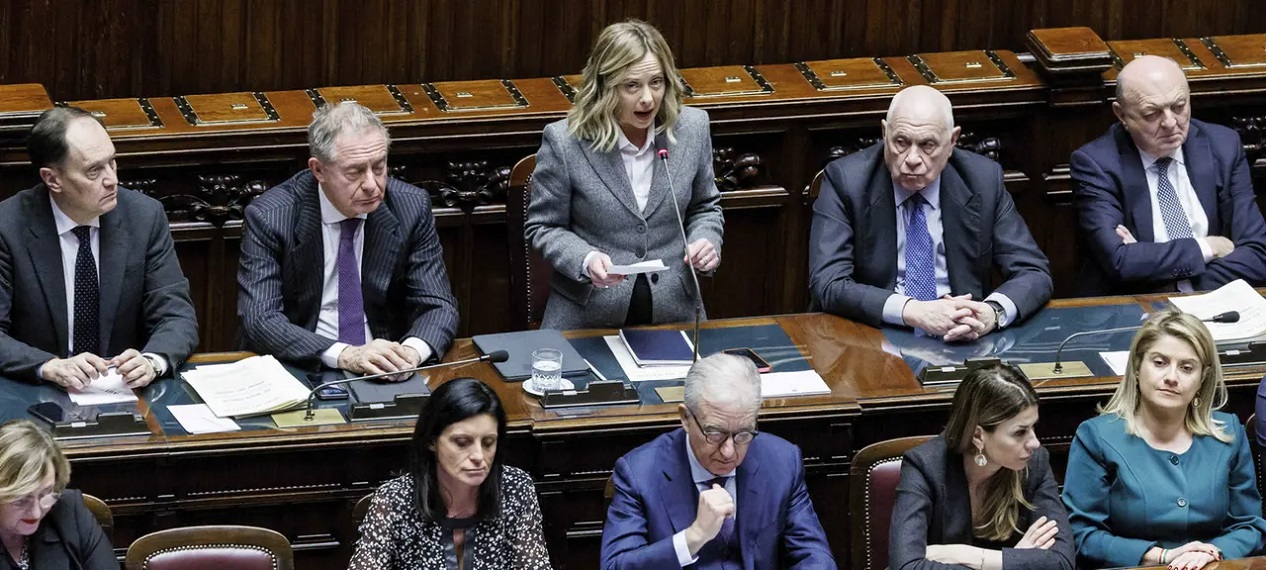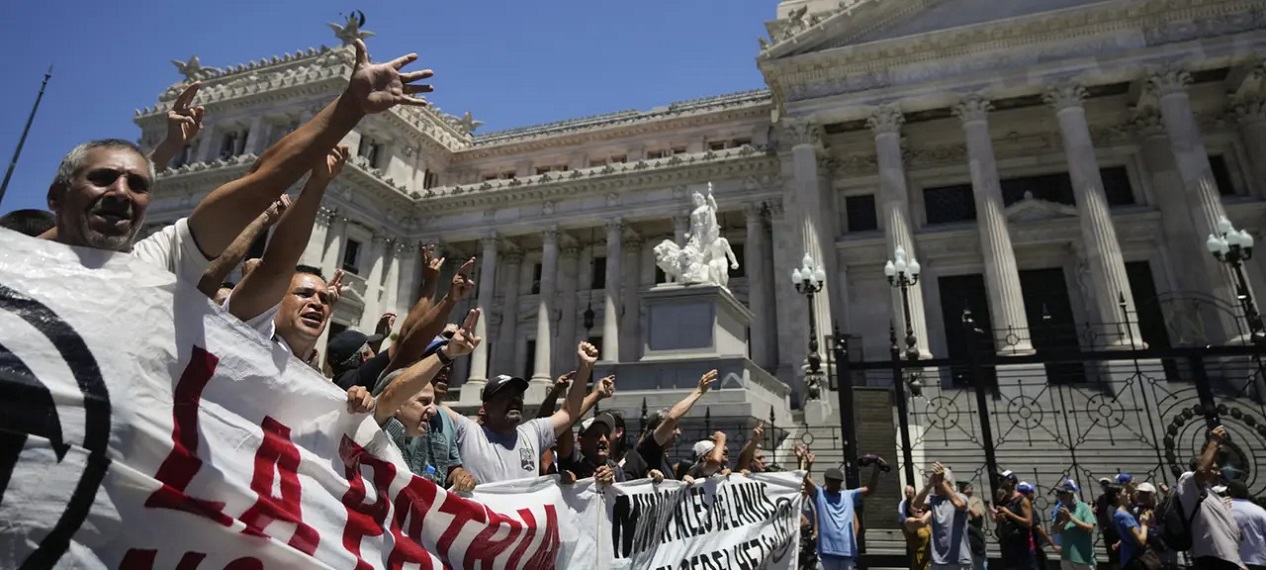 Argentina’s new President Javier Milei is facing obstacles as his reform plans encounter growing opposition.
Argentina’s new President Javier Milei is facing obstacles as his reform plans encounter growing opposition.
Argentinian Government Abandons Reforms
The reform plans of Argentina’s new President Milei have hit a snag. Hoping to secure a majority in parliament, the right-libertarian politician has now scrapped pension and tax reforms as well.
Argentinian President Javier Milei, who came to power with radical reform promises, is making further concessions in the face of growing resistance. His government slimmed down the draft law package on Friday by removing pension and tax reforms from the mammoth project.
With these concessions, Milei hopes to gain support for his reform project from other parties in Congress. His party, La Libertad Avanza, has only a small number of seats and is the third largest force in the fragmented parliament.
The draft law is set to be discussed starting from Tuesday. The package must also be approved by the Senate. The opposition is demanding extensive changes and threatens to dismantle the text in separate debates. Among the already abandoned plans is the privatization of the state oil company YPF.
Right-libertarian program
The omnibus law affects changes to several hundred laws. It is a central instrument for reducing the size of the state apparatus, dismantling regulations, cutting subsidies, privatizing state-owned enterprises, and eliminating social benefits. Milei, who won the elections with a right-libertarian agenda, promises to lead Argentina out of the long-standing crisis by unleashing the economy.
On Friday, Minister of Economy Luis Caputo said that the enormous budget deficit could still be eliminated despite the changes to the omnibus law. According to Caputo, inflation is currently over 200 percent. However, its increase has slowed down significantly in the past two weeks.
Resistance in the population
Resistance to Milei’s policies is starting to form in Argentina. According to unions, more than one million people went on strike during a general strike on Wednesday.
The CGT trade union federation reported 1.5 million strikers, roughly one-tenth of the officially employed. The government and the police reported much lower figures. The CGT had called for the strike in protest against the government’s reforms.
According to recent polls, Milei still enjoys the support of about half the population. In the November elections, he won 55.6 percent of the votes. However, the reactions to his reforms are divided: while many Argentinians support innovations such as simplified divorce, higher tuition fees for foreigners, or the abolition of primaries, the special powers granted to the government, privatizations, and pension reforms face broad opposition.












